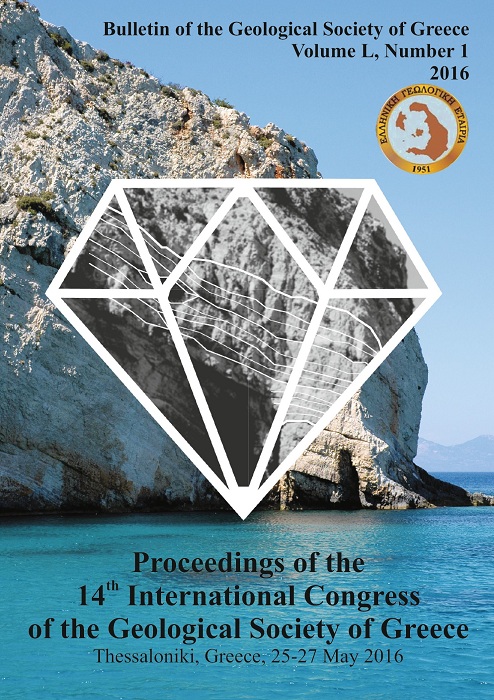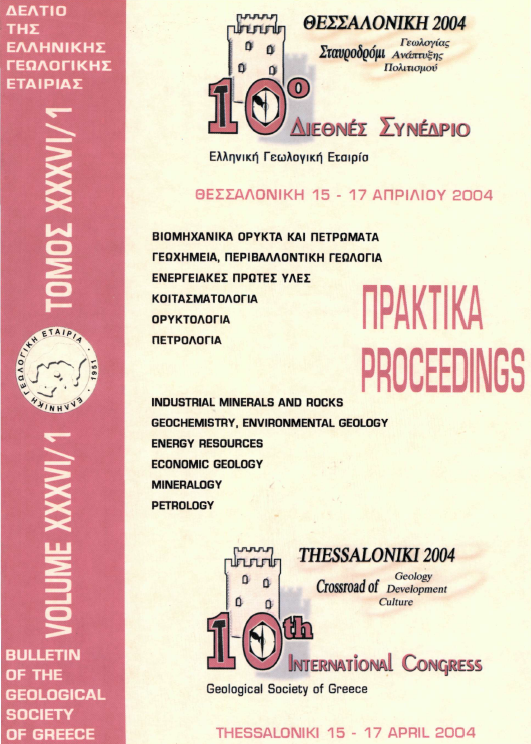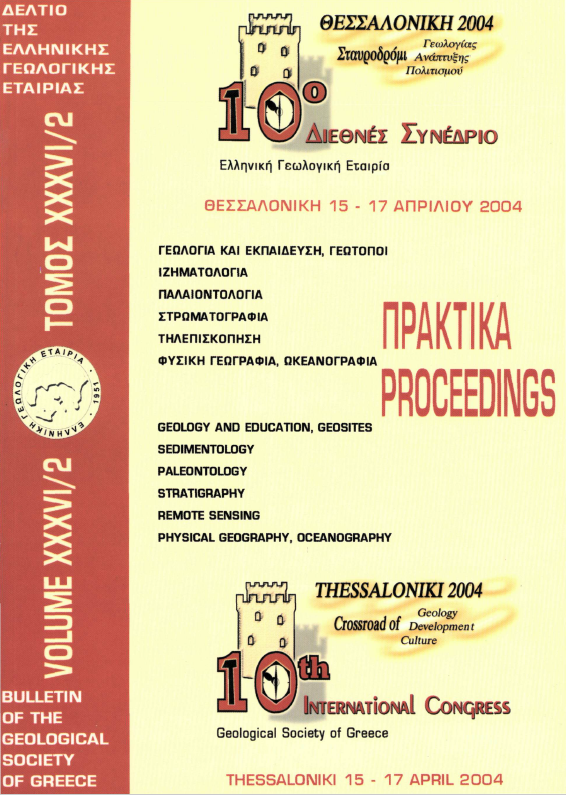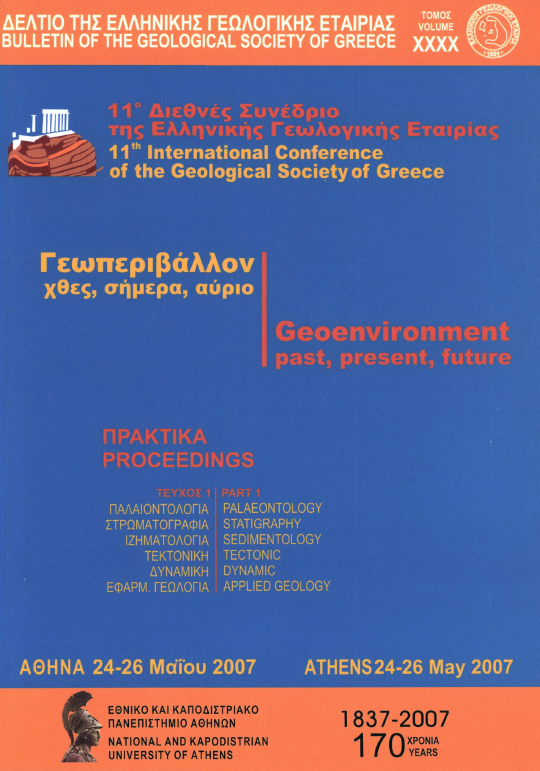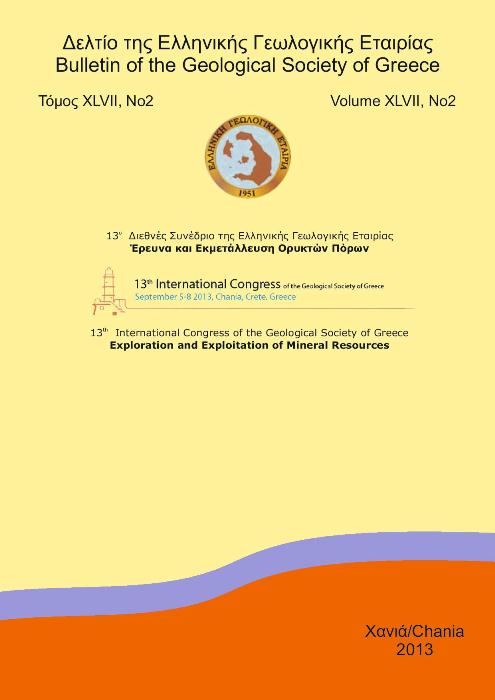The tectono-stratigraphic evolution of Eastern Mediterranean with emphasis on Herodotus Basin prospectivity for the development of hydrocarbon fields

Abstract
The eastern part of the Mediterranean Sea is of great geological interest. One of the main interesting topics is the genesis and the development of hydrocarbon fields in the area. The analysis of the palaeogeographic evolution of two major basins in eastern Mediterranean Sea, such as Levantine basin and Herodotus basin, shows the same evolution and accommodate the same sediment types. Also, the presence of the Eratosthenes Continental Block (E.C.B.) and the Nile cone, have their own role in the development of the basins and the wider Eastern Mediterranean region. With the help of seismic data, petroleum geology, the evolution of both basins and other geological structures of the region, we can compare the two basins. From the comparison we concluded that Herodotus basin hosts at least the same amount of gas and oil as the Levantine basin.
Article Details
- How to Cite
-
Elia, C., Konstantopoulos, P., Maravelis, A., & Zelilidis, A. (2013). The tectono-stratigraphic evolution of Eastern Mediterranean with emphasis on Herodotus Basin prospectivity for the development of hydrocarbon fields. Bulletin of the Geological Society of Greece, 47(4), 1970–1979. https://doi.org/10.12681/bgsg.11006
- Section
- Exploration and Exploitation of Mineral Resources

This work is licensed under a Creative Commons Attribution-NonCommercial 4.0 International License.
Authors who publish with this journal agree to the following terms:
Authors retain copyright and grant the journal right of first publication with the work simultaneously licensed under a Creative Commons Attribution Non-Commercial License that allows others to share the work with an acknowledgement of the work's authorship and initial publication in this journal.
Authors are able to enter into separate, additional contractual arrangements for the non-exclusive distribution of the journal's published version of the work (e.g. post it to an institutional repository or publish it in a book), with an acknowledgement of its initial publication in this journal. Authors are permitted and encouraged to post their work online (preferably in institutional repositories or on their website) prior to and during the submission process, as it can lead to productive exchanges, as well as earlier and greater citation of published work.



